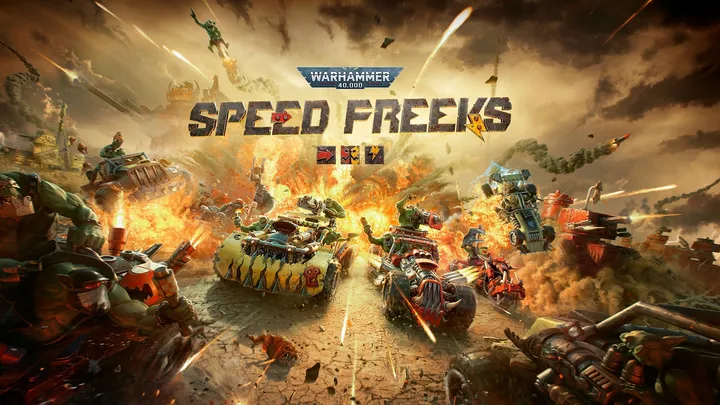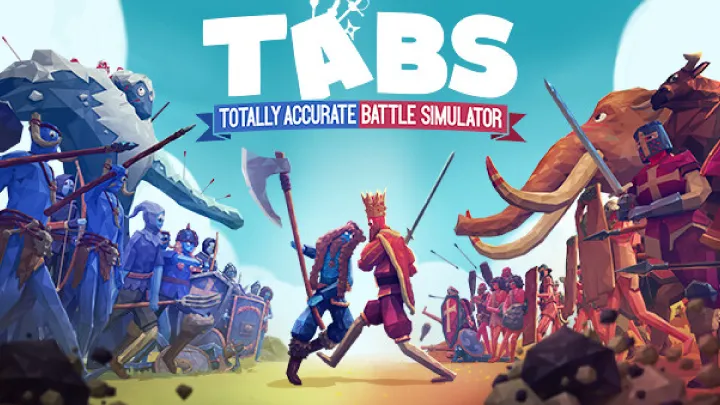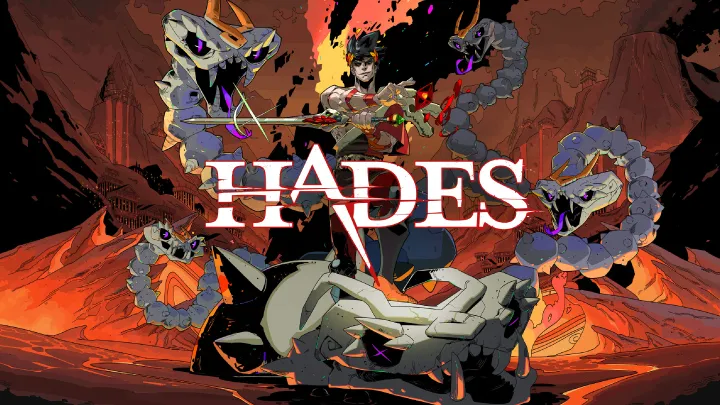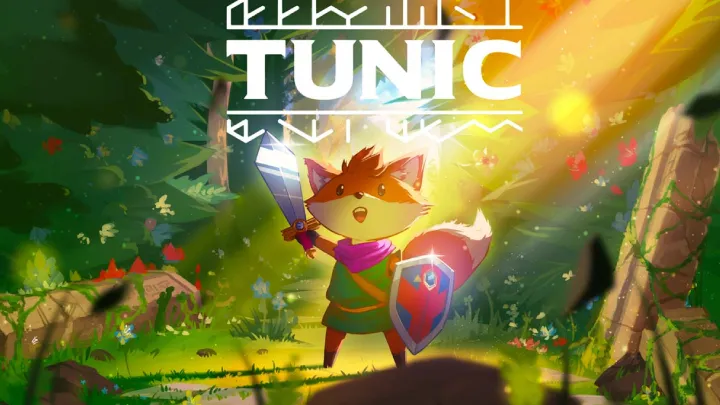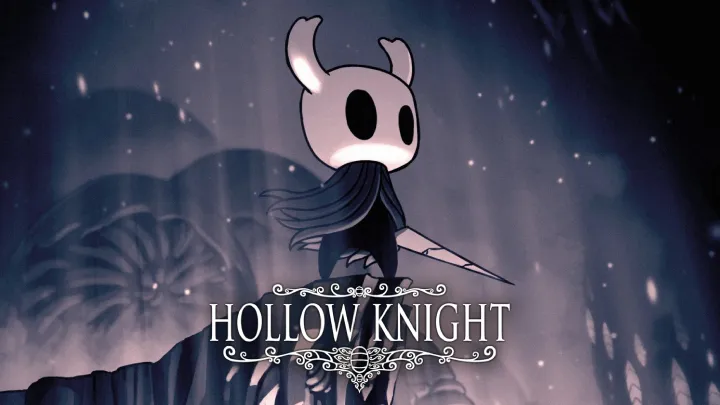Introduction
Open-world games are loved not only for their vast landscapes and freedom of exploration but also for the skill systems that allow players to grow stronger, smarter, and more versatile. A well-designed skill system makes you feel the impact of your choices—whether it’s unlocking stealth moves, mastering powerful combat abilities, or enhancing survival skills in a dangerous world.
In this blog, we’ll take a look at the top open-world games with the most impressive skill systems, where progression is not just about levels but about unlocking unique ways to play and interact with the world.
1. GTA V – Versatile Character Skills
Rockstar’s GTA V features three protagonists, each with their own special abilities. Franklin excels at driving with slow-motion precision, Michael can enter bullet-time during gunfights, and Trevor has a rage mode that boosts damage. Beyond these unique powers, players can improve characters’ general skills such as stamina, flying, or stealth through practice.
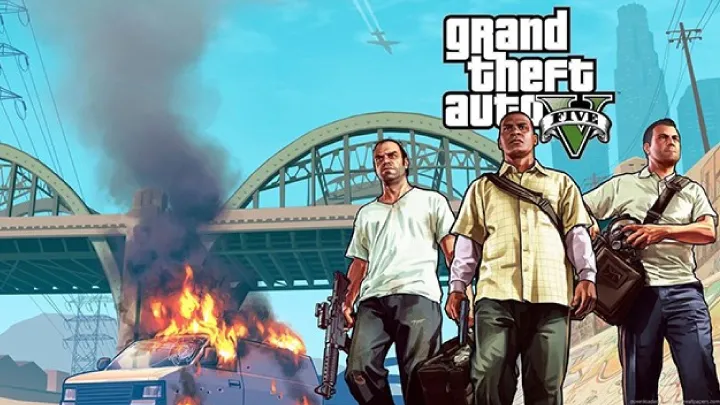
Why it stands out:
- Balanced mix of character-specific powers and universal stats.
- Skills improve naturally with gameplay, making progression feel organic.
2. The Elder Scrolls V: Skyrim – Freedom in Progression
Few games offer as much flexibility as Skyrim. Instead of a fixed skill tree, every action you perform improves that skill—swinging a sword boosts one-handed combat, while sneaking levels up your stealth. This design makes every playthrough unique, encouraging players to build their ideal hero, whether it’s a stealthy assassin, a destructive mage, or a master craftsman.
Why it stands out:
- Progression directly tied to player behavior.
- Endless replayability with varied builds.
3. Assassin’s Creed Valhalla – Blending Combat and Strategy
Ubisoft’s Assassin’s Creed Valhalla integrates a deep skill tree that branches into stealth, melee, and ranged combat. Each path offers unique abilities, such as chain assassinations or powerful finishing moves, while also improving core stats. The system lets players mix and match styles, turning Eivor into a warrior that fits their personal playstyle.
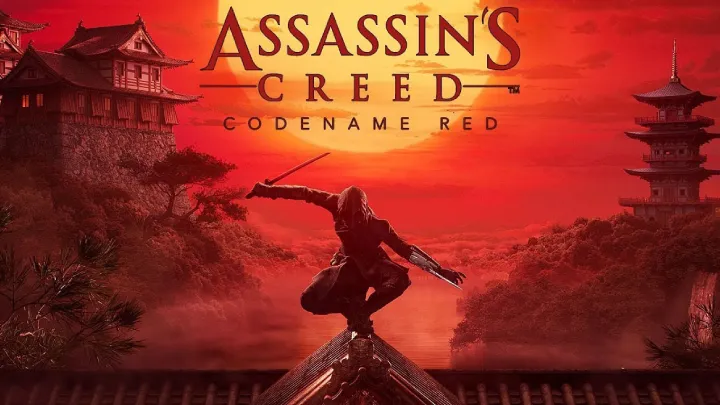
Why it stands out:
- Massive skill tree with multiple paths.
- Strategic balance between stealth and open combat.
4. The Witcher 3: Wild Hunt – Tactical Skill Choices
In The Witcher 3, Geralt’s progression system goes beyond leveling up. Players must choose carefully between combat upgrades, alchemy skills, or magic signs, with limited slots forcing tough decisions. This makes skill allocation a tactical process where your chosen build significantly shapes your approach to monster hunting and exploration.
Why it stands out:
- Limited active skill slots encourage strategy.
- Choices have real impact on gameplay and combat tactics.
5. Horizon Zero Dawn – Survival and Strategy Combined
Aloy’s skill tree in Horizon Zero Dawn focuses on stealth, survival, and combat against robotic creatures. From silent takedowns to overriding machines, skills directly enhance how players interact with the game’s unique ecosystem. The blend of tactical combat and resource management makes every upgrade feel essential.
Why it stands out:
- Skills tied closely to the environment and enemy types.
- Strong balance between stealth, combat, and survival.
6. Cyberpunk 2077 – Customization at Its Core
CD Projekt Red’s Cyberpunk 2077 features one of the most customizable skill systems in modern open-world RPGs. Players can invest in hacking, gunplay, melee combat, or stealth, turning V into a character that reflects their choices. Cybernetic implants further expand abilities, making the skill system feel futuristic and limitless.

Why it stands out:
- Highly customizable builds.
- Integration of RPG skills with futuristic cyberware.
Conclusion
Skill systems are more than just numbers on a screen—they define how you experience the game. From GTA V’s natural character progression to Cyberpunk 2077’s deep customization, these open-world titles prove that skills are at the heart of immersion and replayability.
Whether you’re hunting dragons in Skyrim, sneaking through the shadows in Assassin’s Creed Valhalla, or hacking into futuristic networks in Cyberpunk 2077, these games remind us that progression is not just about getting stronger—it’s about finding new ways to play.
